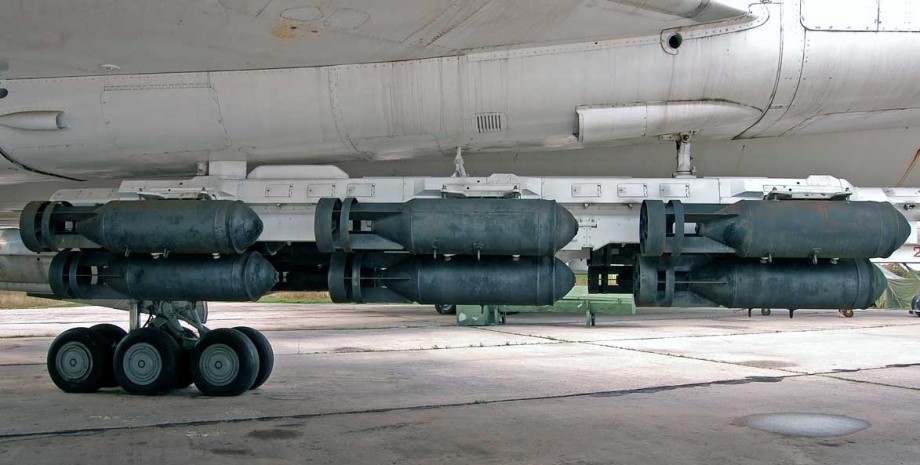
 By Eliza Popova
By Eliza Popova
According to him, the first correction modules made it possible for bombs to FAB-2550 and Fab-500 to beat for targets at a distance of 30 kilometers. Such bombs of the Russian Federation were used for beats on Bakhmut in 2022. However, now the aerodynamic characteristics of the bombs have improved. "And the Fab-250 and Fab-500 bomb can overcome 80 km. Further development and improvement can allow the Russians to strike up to 100 km or more," Kovalenko said.
He also stated that the greatest threat would be if the Russians manage to integrate into the aviation bomb a jet accelerator. Then such bombs will be able to affect the whole at a distance of up to 150 kilometers. "We had experience with the use of French bombs Hammer or Jdam. Hammer in general has a jet accelerator in some modifications. And Russians also try to adapt to their bombs appropriate reactive accelerators that will increase flight range. Like Poltava and Odessa, ”Kovalenko explained.
According to the expert, tens of thousands of aviations that have remained since the Soviet Union are now in the Russian Federation. In addition, they are still produced in the Russian Federation. And any free fall bomb can be turned into a managed airbot. Kovalenko called the best way to combat these weapons - the destruction of the carriers of these bombs. Earlier, the analyst explained how dangerous the possible occupation of the coal.










All rights reserved IN-Ukraine.info - 2022